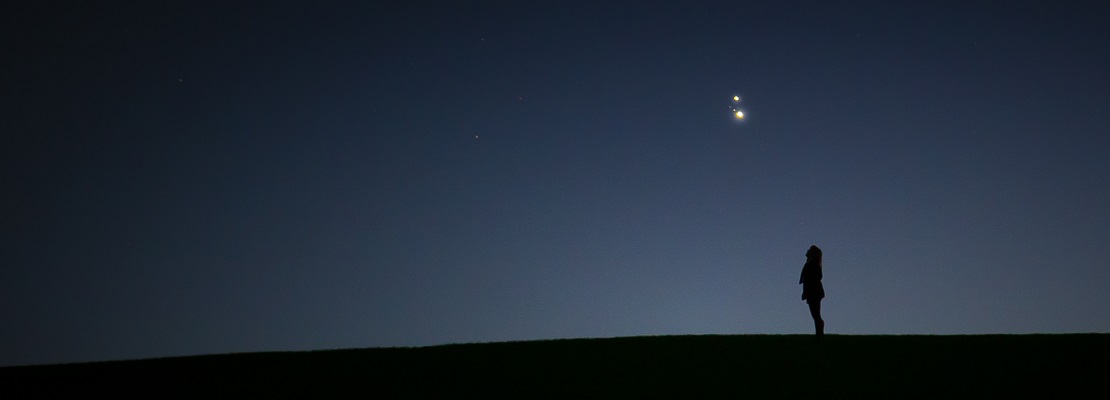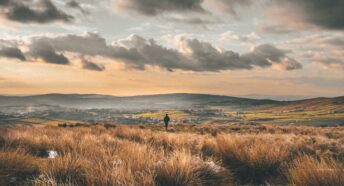Josh Dury: Why we must protect dark skies
Josh Dury is a photographer, filmmaker, conservationist and one of the UK’s leading champions of dark skies. Fresh from helping to promote CPRE’s Star Count, he told us why he’s so passionate about protecting the night sky.
Dark skies are so important to me. I’ve been an astronomer for 16 years (and began studying astronomy aged seven), but where I live in the Chew Valley, I have seen a dramatic change in the quality of dark skies – largely due to the installation of outdoor lighting.
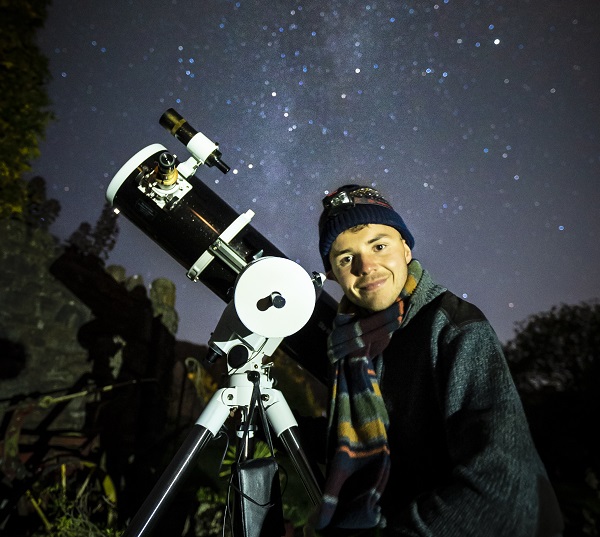
As with the plastic crisis, the effects of artificial light at night are becoming more apparent. This is why I am doing what I can to advance the dark sky movement here in the city of Bristol, the UK’s green capital, in order to change attitudes towards lighting. I feel I am campaigning to protect the night to get as many people as possible interested in astronomy, for five major reasons.
1. Our connection to the cosmos
The night sky is a part of our heritage; our human existence. It is the place that inspired astronomical endeavours into the cosmos and the vessel for understanding our place and significance in the universe. When we look up to a truly dark sky and realise the distance of objects in space, it uncovers a sense of magic under a blanket of stars.
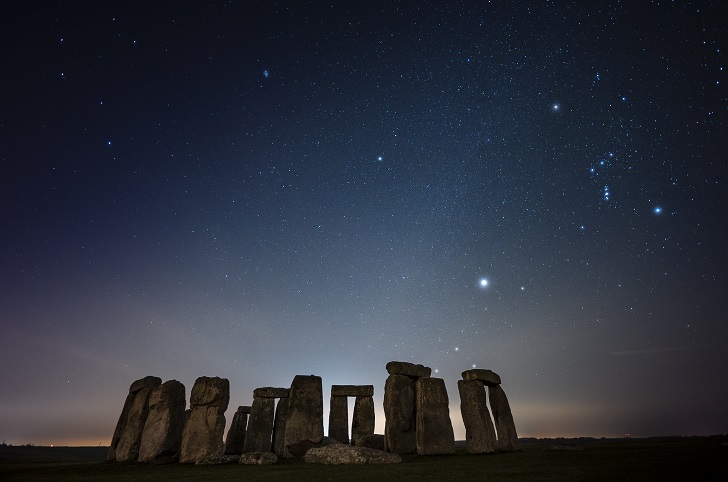
Astronomers seek solace in dark sky places or designated dark sky sites. These are protected areas where the levels of light pollution are at a bare minimum. From these places, it is not even possible to recognise some of the major constellations because there are so many stars.
Light pollution is what prevents astronomers from observing the night sky. This is the result of artificial lights at night, shining upwards beyond the horizontal, producing what is known as ‘skyglow’ over our major towns and cities. Skyglow reduces the contrast of celestial objects and makes it more difficult to observe the heavens from light polluted areas.
2. Wildlife conservation
Artificial lights are impacting habitats for nocturnal wildlife, including protected species in Britain like barn owls, bats and hedgehogs. Light spill affects migratory corridors and protecting the night-sky will help these already endangered species by maintaining their natural environments.
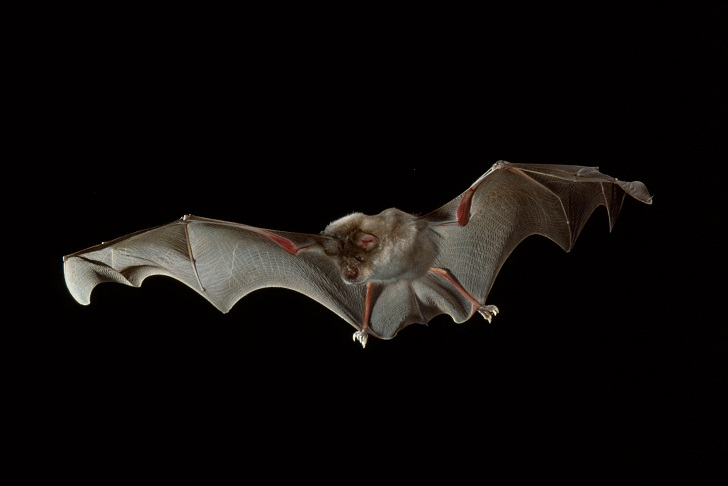
Insect populations have also been significantly affected by light pollution: a single street light has the potential to kill on average 150 insects per night. Imagine this on a nationwide scale! It’s clear that lighting is changing the way nocturnal wildlife behaves and this is why we need to make considerations as to how we use light at night.
3. Human health
There are new studies to suggest that direct exposure to light at night can have serious health implications. It can particularly affect our body’s hormones, including the production of melatonin – responsible for maintaining sleep patterns and nocturnal rhythms. There is also evidence that presents a direct link to the development of known cancers, including thyroid cancer.
Light entering private households can also be seen as a public nuisance and lighting should be carefully considered for the privacy of your own neighbours and community.
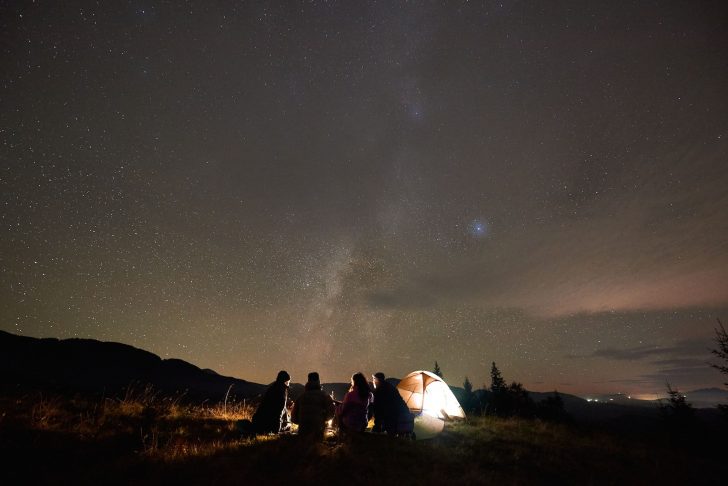
4. The climate emergency
Light pollution has become a major environmental issue because of the climate emergency. Energy is required to produce lighting, which results in the release of carbon emissions. Approximately, a total of 830,000 tonnes of CO2 pollution is produced from the energy wasted by the UK’s streetlights alone.
It also costs a lot of money to light up the night sky. The estimated cost of wasted light (that which isn’t shining on the things we need to illuminate) is a staggering £1 billion a year in the UK – money that could be much better spent on tackling carbon emissions. To help address these issues, I’m keen to work with local communities, councils, lighting designers and organisations like CPRE to find more sustainable lighting solutions.
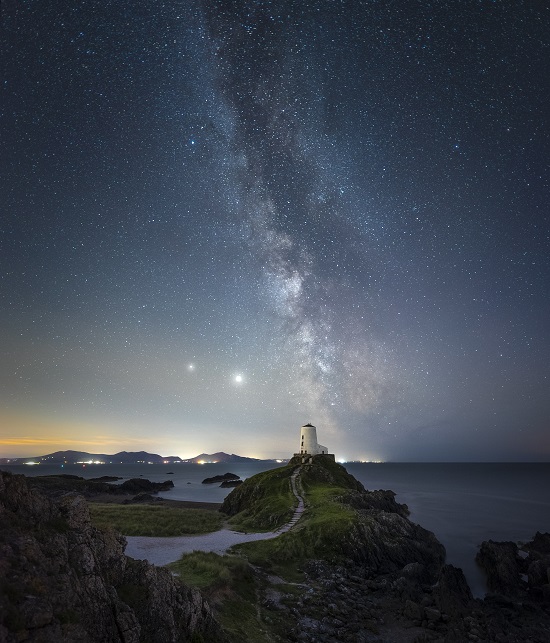
5. Future generations
The night sky is something that we are losing that’s vital to preserve for future generations. With the advance of mega-satellite constellations also changing our view of the stars, now could not be a more important time to look up at our open window to the universe.
I believe that if we can get young people interested in observing the night sky, they will feel compelled to protect it. That’s why I’ve set up an organization called Space4All to promote practical astronomy and engage members from all backgrounds.
Find out more about Space4All and enjoy Josh’s fantastic films and photography on Facebook and his website.
Josh Dury was recently selected as Bristol and South West England’s delegate to the International Dark Sky Association, in recognition of his work in raising public awareness about light pollution’s impacts on the natural world.
